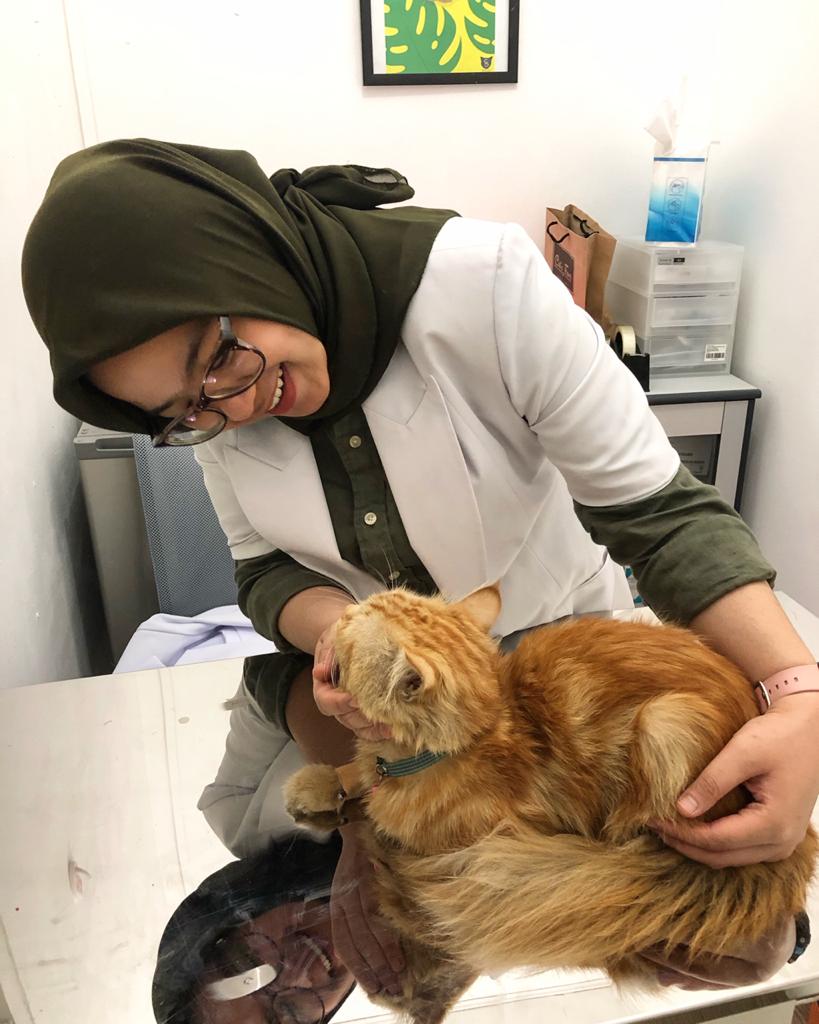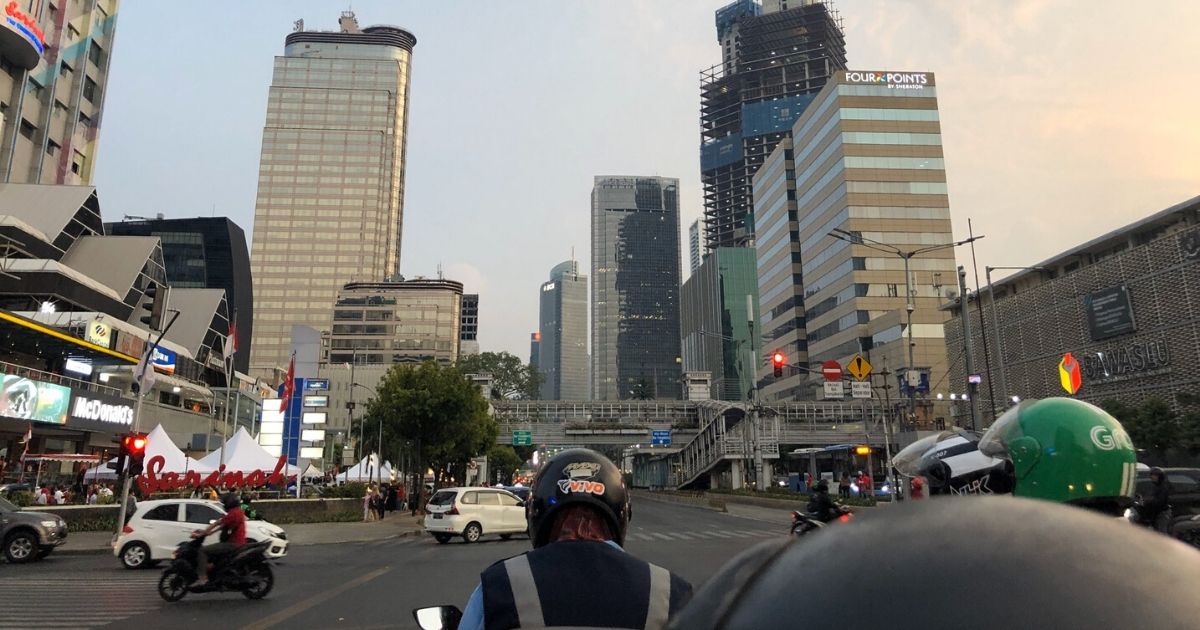We seem to be far from a full-on lockdown in Indonesia, but the government has urged citizens to work, study, and pray at home wherever possible to contain the COVID-19 outbreak in the country.
That is especially tricky for a megapolis like Jakarta — the hub of Indonesia’s economy — where not all are able to stay at home during these testing times.
Coconuts spoke to Jakartans who are obliged to continue working as per usual, and why they take pride in doing their part to keep the wheel turning in the capital.
The interviews below have been edited for clarity
Tita, a 29-year-old journalist:
We are strongly advised to stay home if showing signs of flu. But otherwise, there is no restriction.
I was actually quite concerned about having to go to work at first, but I feel slightly more at ease now, knowing that most of the institutions that I cover are holding online press conferences.
A healthcare worker at a hospital designated for treatment of COVID-19 patients, who wishes to remain anonymous:
The one profession that can’t be done remotely and replaced by machines is healthcare work.
Higher and higher levels of concentration have been required of me and my colleagues lately, as our workload has increased exponentially. I have to remain vigilant so my patients, my family, and those around them, including myself, don’t come down with COVID-19.
Fadia Adhari, a 24-year-old vet:

One of the main reasons [for going to work] is because we work in the medical industry. As vets, we find infectious and deadly diseases almost everyday — among them are zoonotic diseases, which can spread from animals to humans and vice versa. The transmission rates can be higher than COVID-19. The word “coronavirus” is very common in our field, because this family of viruses is often found in our animal patients.
As medical workers, we definitely can’t leave our responsibilities, and the number of outpatients remains stable with or without COVID-19. We definitely have the fear of getting infected with COVID-19, because the transmission rate is high despite the low death rate. We interact with people who come from various environments, which we can’t make sure of. Tiredness is inevitable, but we have the mindset that we can fight deadly diseases, let alone COVID-19.
A 38-year-old female police officer, who wishes to remain anonymous:
It’s because my job is public service so we still come in. Though we are required to take precautions against COVID-19 as instructed by the government, and to not forgo praying so that we stay away from this disease.
Mentari, a 27-year-old office worker
Even though there’s a coronavirus [outbreak], a work from home policy can’t be easily enforced in Indonesia. Firstly, from the employer’s perspective, the policy would be a financial drain because the government doesn’t provide incentives to cover the company’s expenses.
I’m still going to work because, as someone who drafts the company budget, I’m well aware that working from home is not efficient for the company for a multitude of reasons, such as internet constraints and personal discipline. And since I work for a multinational company, big decisions require approval from a head regional office, and there’s no directive for us to remain at home yet.
Taufik, a 22-year-old motorcycle taxi driver
I live with my parents, so I have to do my part in providing for them. Me staying at home certainly won’t pay the bills for us.
I’ve seen a considerable increase in orders ever since people have been working from home, especially for food deliveries. Am I worried about getting infected by the coronavirus? Sure, but I have to be in close proximity to other people all the time in my line of work.
Related
Indonesia ‘not thinking’ of lockdown, President Joko Widodo says



Reader Interactions